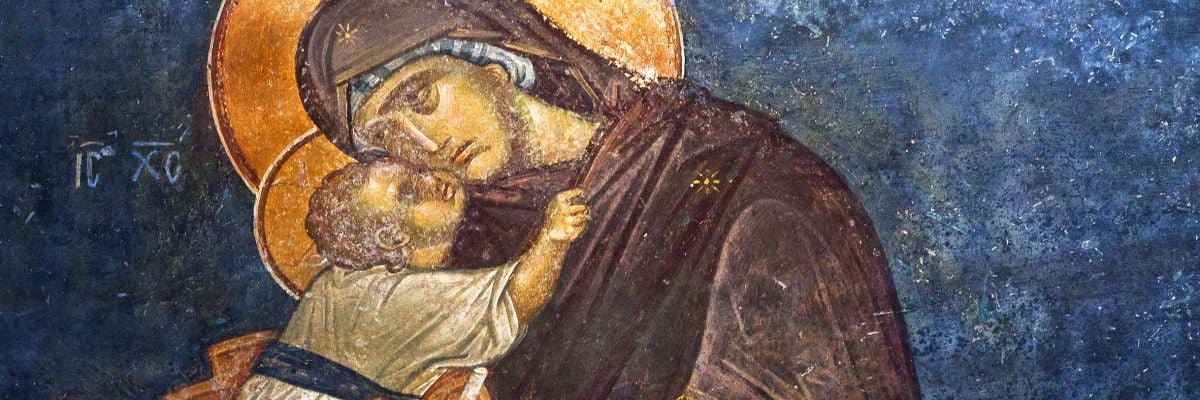
Question:
Answer:
The reason we don’t use that argument is precisely that it’s not a good one. Your line of reasoning is commonly called the “argument of necessity,” meaning that God needed to make Mary immaculate for the reason you mentioned. The problem is that God didn’t need to make Mary immaculate in order to carry out his plan for the Incarnation of Jesus. He could just as easily have allowed Mary to be conceived in original sin and still preserved Jesus from becoming contaminated by the corruption of her sinful nature (which, by the way, is what Protestantism maintains was the case).
The way to prove this is to use your argument against you. Since your premise rests on the thesis that if Mary were not immaculate she would have passed along the taint of sin to Jesus, it would follow that Mary’s mother, Anne, would have had to have been immaculate in order not to pass on her sinful nature to Mary. And Anne’s mother would have to have been sinless, and her mother would have had to have been sinless, and so on.
You can see why this argument won’t work: It sets up an unworkable, not to mention unbiblical, regression of “immaculate conceptions” from Mary back to Eve (who, as a type of Mary in the Old Testament, was immaculately created by God, free of any stain of sin or corruption [Gn 1:31]). Rather, in view of the merits of Christ’s once-for-all redemptive work on the cross, God saved Mary from all sin (Lk 1:47) even though she was conceived and gestated for nine months in the womb of a woman, Anne, who was subject to original sin (and most probably actual sin).
Don’t use the easily refutable argument of necessity; the argument of fittingness is much better. It was fitting that God willed that Mary was conceived free from all sin, since she was chosen to be the Ark of the New Covenant, the mother of the Second Person of the Blessed Trinity, the incarnate Word of God. The Father didn’t have to do it that way, but it was fitting that he did. For a more detailed discussion of the doctrine of the Immaculate Conception see Bishop Ullathorne, The Immaculate Conception of the Mother of God (Westminster, MD: Christian Classics, 1988 ed.) and Patrick Madrid, “Ark of the New Covenant” (This Rock, December 1991).


